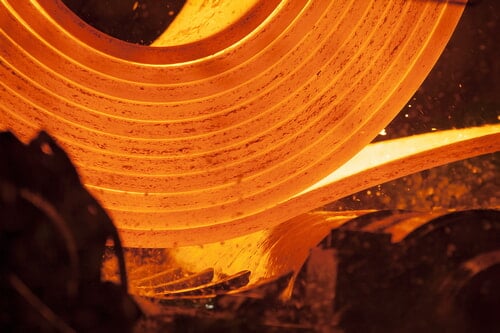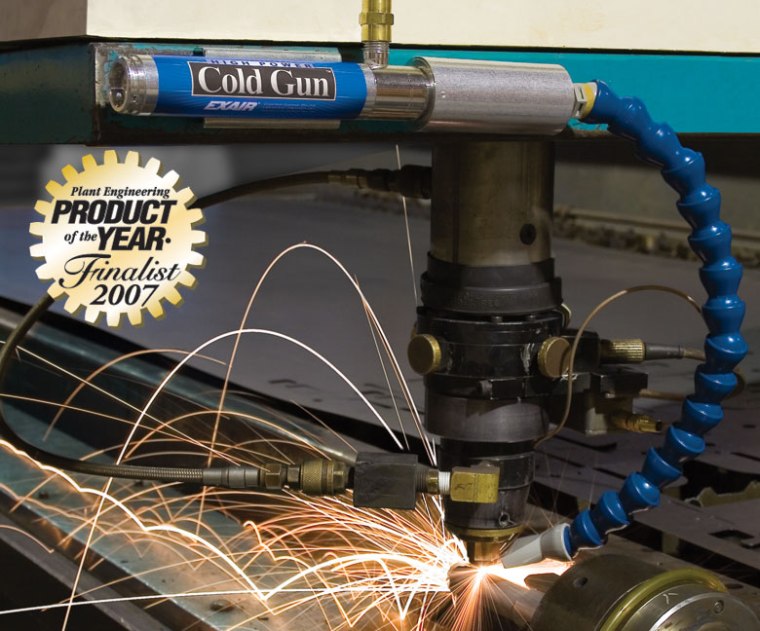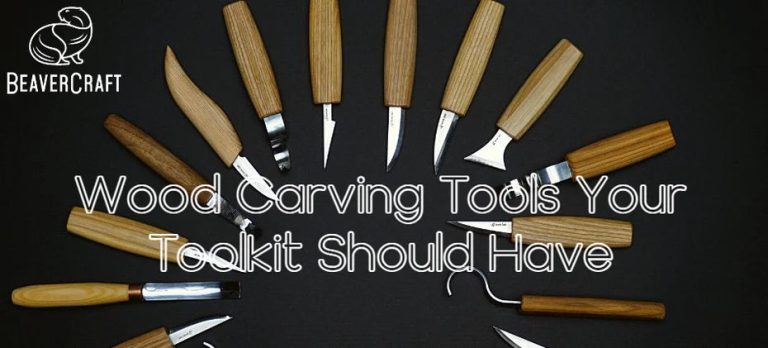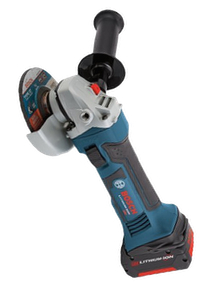Primary Metals Industry
Metalwork

Primary Metals Industry
The primary metals industry works with iron ore to manufacture products from hot metal, including casting molten metal into shapes and refining metals. The end products include aluminum bars, hot and cold steel, tubes, metal parts, plates and sheets. The end products are used in various industries, including those that manufacture construction steel, machinery, aircraft, metal containers and motor vehicles.
The primary metals industry has four sub-industries, including:
- Steel product manufacturing.
- Foundries.
- Aluminum production and non-ferrous metal production.
- Iron and steel mills.
Most of the economic activity from the sub-industries is in the Midwest.
The Hazards of Working in the Primary Metals Industry
Working with metal has many hazards, especially when you need to melt it to form parts. Some of the hazards of working in the metal industry include the following:
- Working with abrasives, including casting and grinding during the steel finishing process.
- Skin irritation and chemical burns while making steel and casting, including from irritants such as alkalis and acids in steel.
- Working with coolants, lubricants, grease, and oil will damage hands and your body if you spill them on you.
- Crush and impact injuries from working with heavy metals, including steel.
- Breathing in coal dust, handling coke, cleaning machines, and foundry core making.
- Heat stress – wearing breathable nitrile foam, breathable clothing, and FLT gloves help keep you cooler.
- Working around blast furnaces, metal pouring, and slag draw-off – anti-fog face shields help protect your face.
- Heat burns.
- Impaired vision from welding, material handling and pouring.
- Suffering abrasions from material handling.
- Working with sharp edges on parts.
- Poorly lit steel plants.
- Extrude and rolling machine operators and die setters can cut and puncture you.
- Tack welding.
Safety in Primary Metal Occupations
Many occupations are part of the primary metal industry need the proper personal protective equipment, including the following:
- Assemblers and fabricators who work with finished products and parts. They need cut-resistant and puncture-resistant gloves.
- Building and cleaning workers keep the building clean and attend to landscaping. They may have to clean up chemical spills and work with sharp objects and machines. Chemical-resistant gloves and cut-resistant gloves help protect their hands.
- Chemical technicians work in the lab conducting tests and preparing chemical solutions. Protective clothing and gloves help minimize the risk of chemical burns.
- Painting, coating and spraying machine operators need protection from the chemicals they work with.
- Removing and installing metalwork pieces. The pieces may have sharp edges. Cut-resistant gloves help protect against injury when handling metal pieces.
- Construction laborers have many hazards to work around, including falling objects, sawdust and metal shavings flying into their faces and more. Face and eye protection reduce the risk of eye injuries, and hard hats reduce the risk of injury should something fall onto a worker.
- Press operators and cutting machine operators work with machines that notch, saw, cut, slit, shear, crimp, bend and straighten material. Cut-resistant and puncture-resistant gloves protect workers’ hands.
- Drilling and boring operators use machines to mill, bore, ream and drill metal pieces. Using puncture-resistant or cut-resistant gloves and wearing eyewear significantly reduces the risk of injury.
- Oven, furnace, drier, kiln, and kettle operators and tenders work around equipment that gets hot enough to heat, bend and melt a variety of materials, including metal and plastic.
- Grinders, polishers, lappers, and buffers work with equipment that sends metal burrs flying through the air. Goggles, face shields and gloves protect the workers from debris flying into their faces or cutting their hands.
- Industrial maintenance workers maintain machines with lubricants, change parts, and perform other machinery maintenance. They are exposed to chemicals, heat, and sharp edges. The proper gloves help protect their hands.
This is only a partial list of the jobs and safety personal protective equipment (PPE) they need. If a factory isn’t well-lit, wearinghi-vis clothing can significantly reduce the risk of injury. Workers working around machines and chemicals that could cause flash fires should always wear FR clothing. Additionally, welders should wear protective welding clothing.
Contact Abolox
We at Abolox only carry quality products from known brands. Browse through our pages to find what you need based on your occupation. If you don’t see what you need, contact us, and we will source it for you.




